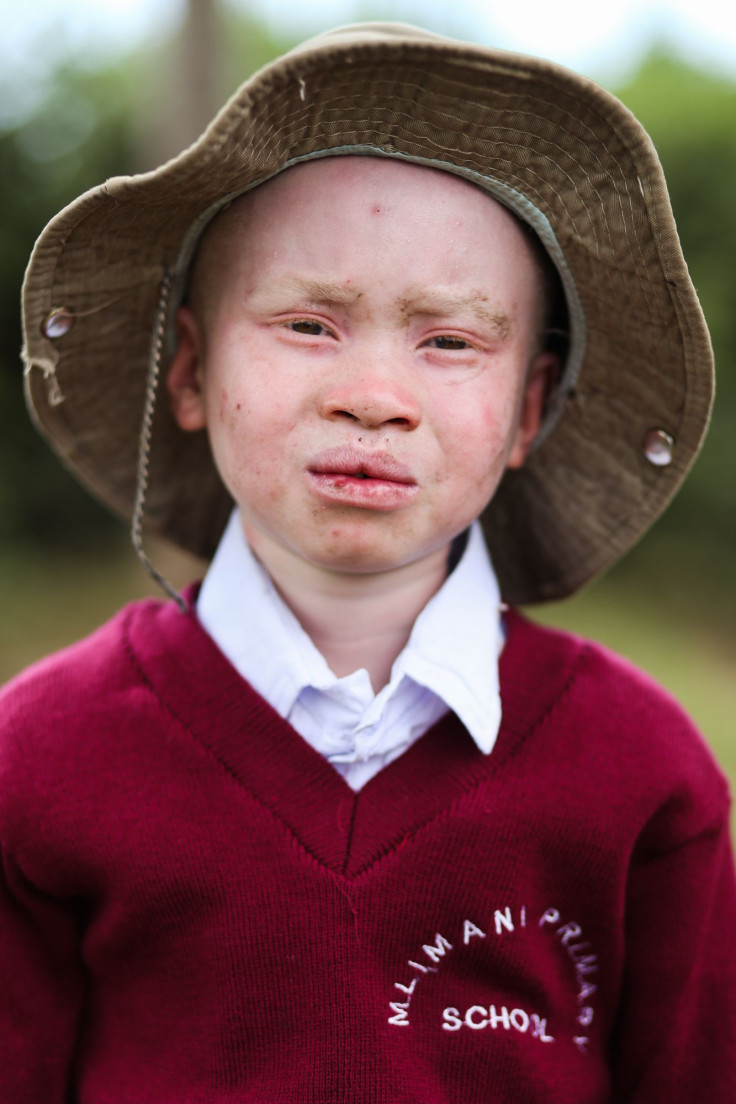Black Brazilian Family Gives Birth To 3 Albino Kids, Who Struggle With Feeling Different

Aside from white skin and hair, as well as a few health problems, albinos can for the most part live ordinary, healthy lives.
But a new video showcasing the lives of three albino children highlights how difficult it can be for them to fit in — especially if they’re born to a black family living in Brazil. Rosamere Fernanda de Andrade, a dark-skinned woman living in Brazil, gave birth to her first child and at first didn’t believe it was her own. Baby Ruth had white skin, blonde hair, and blue eyes, and her father, Rosamere’s ex-husband, was also black.
Next, Rosamere gave birth to a black child — and after that, two more albino children (and two more black children). At that point, she realized that the kids were indeed her own. Their albinism was caused by a genetic mutation.
Albinism is a result of a melanin production defect, which causes little to no color in skin, hair, and eyes. Melanin is a form of pigment that provides our outer, visible features with color. For example, the amount of melanin in our eyes decides whether we have blue or brown eyes. Most albinos have vision problems that vary based on the degree of their albinism, and some are even legally blind. These vision problems are caused by impaired development of the retina and abnormal nerve connections between the eye and brain. In addition, many albinos have skin issues and an increased risk of developing melanoma, or skin cancer. As a result, they must be very protective of their skin, staying away from the sun and wearing hats at all times when outdoors, especially in tropical countries.
While most albinos in the world can live long, healthy lives, those living in Tanzania and other African countries often suffer persecution, due to many villagers believing they're the work of witchcraft and other superstitions.
Rosamere’s three albino children suffer from similar bullying in Brazil, though not to the same violent extent. Their black siblings are protective of them, and they manage to enjoy their lives to the fullest. “The possibility of having albino kids doesn’t worry me because I know all the ways to take care of them,” one of the albino girls says in the video. “And being afraid, being very worried, doesn’t help.”
“I wouldn’t be afraid, because we’re not alone in the world,” the other sister adds. “There are other albino people like me and my brothers. And I think it’s normal to have albino people in the world.”
Published by Medicaldaily.com



























